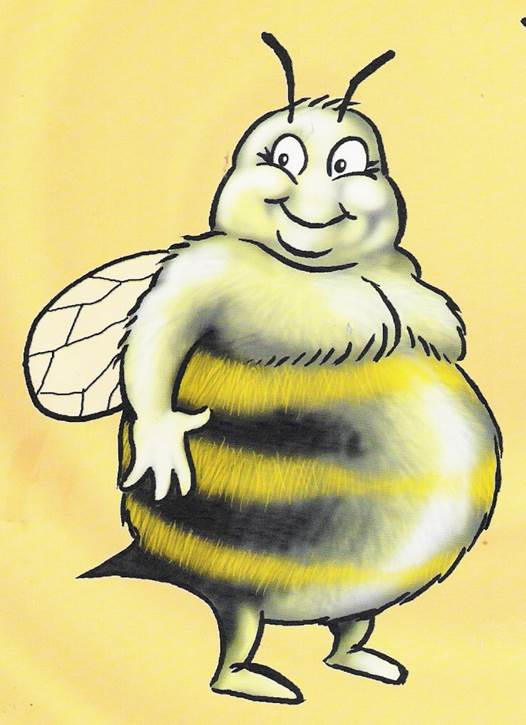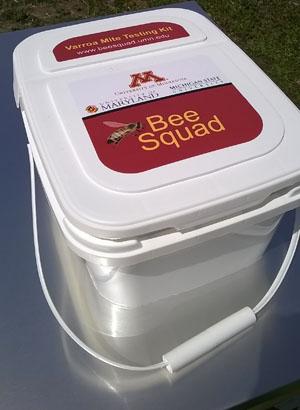Organic Grant initiative on Bee Health
Publicity about the ‘plight’ of honey bees have been a “key” to freeing of federal grant monies for beekeeping research/extension. Coining of the term CCD (Colony Collapse Disorder) in 2006 and Time Magazine cover “Plight of the Honeybees,” 2013 [Time labelled the situation Bee Apocalypse] helped “others” to see the seriousness of our colony loss […]
Organic Grant initiative on Bee Health Read More »




